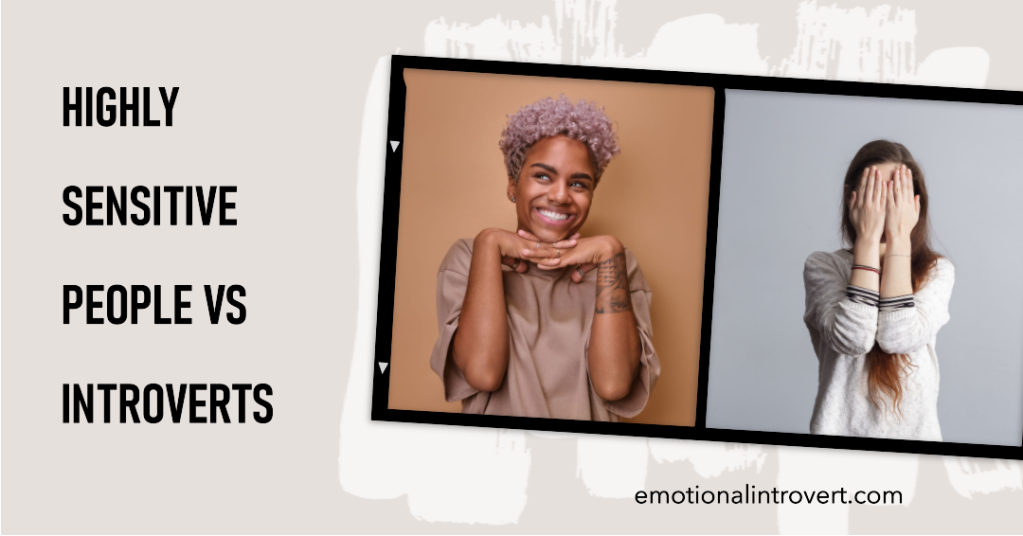When I was little, my parents were missionaries in a foreign country. It would be years before I discovered terms like introvert and extrovert; I don’t know to this day if my early experiences in that country played a part in me being an introvert.
Basically, my foreignness attracted a lot of attention, attention I didn’t want. It got to where I didn’t want to go out with my parents. I was afraid to set foot outside because strangers would come up and pinch my cheeks. It was supposed to be a compliment, to show that I was cute or something …
But sometimes they pinched hard, and my cheeks would be smarting and red afterward. I was only three or four and it didn’t feel like I was being rewarded by their attention but punished.
So, for me as a young child, attention was synonymous with punishment, not reward. (I wonder what Pavlov would have done with that information. I’m sure Skinner and Watson would have seen my personal experiences strengthen their respective theories on operant conditioning.)
As missionaries, my parents tried teaching us kids to be outgoing. They taught us songs to sing, and even actions to go along with the songs. My sisters and I had to wear matching outfits for programs, and being outgoing and friendly was pretty much a requirement. Two of my sisters were outgoing. They were extroverts, so it wasn’t a problem. One sister and myself as well were (and are) introverts. The lifestyle of missionaries in a foreign country wasn’t so easy for us, to say the least.
But it’s not just in the realm of social work that this is the case. We live in a world that often celebrates extroverted qualities such as sociability, assertiveness, and outspokenness. In such a world, introverts can sometimes feel overshadowed or misunderstood. However, introversion is not a weakness to be overcome but a unique strength to be embraced.
But how?
Let’s explore the power of introversion together. We need to learn to celebrate the strengths of introverted people as well as explore insights into how introverts can thrive in a world that often seems designed for extroverts.

Understanding Introversion:
Introversion is often misunderstood as shyness or social awkwardness, but that’s not it at all. Not all introverts are shy; some can appear quite bold or outgoing around others. And we’re not all socially awkward (although I definitely am!).
Introversion is a personality trait characterized by a preference for calm, minimally stimulating environments, and a need for solitude to recharge. Introverts also tend to be introspective, thoughtful, and observant. They often have a rich inner world that fuels their creativity and deep thinking, especially if their introversion coincides with high sensitivity.
The Quiet Strength of Introverts:
Instead of trying to conform to extroverted ideals (using methods that were popularized in well-known books like How to Win Friends and Influence People), introverts can benefit from embracing their unique tendencies and harnessing the strengths that come with introversion.
For example, introverts are often excellent listeners and deep thinkers, traits that can lead to profound insights and meaningful connections with others. Their preference for solitude allows them to recharge and reflect, leading to greater self-awareness and personal growth. Embracing these traits will help you grasp the power of introversion in your life.

Navigating the Extroverted World:
Living in a predominantly extroverted world can pose challenges for us who are introverts, but it is possible to thrive by understanding and leveraging our strengths. A few ways to survive and thrive in an extrovert-oriented world include:
- Setting boundaries for what you need to stay healthy and sane
- Creating a balance between socializing and solitude that works for you
- Finding a work environment that suits your preferences and needs
You owe it to yourself to honor your particular needs and develop your unique strengths.
Recommended Books on Introversion:
If you want to explore the trait of introversion in-depth, here are a few books I highly recommend!
Quiet: The Power of Introverts in a World That Can’t Stop Talking by Susan Cain – This book explores the power of introversion and how introverts can thrive in a world that often favors extroverted qualities. Cain provides insights into the strengths of introversion and offers practical advice for introverts and those who interact with them. I love this book!
The Introvert Advantage: How Quiet People Can Thrive in an Extrovert World by Marti Olsen Laney, Psy.D. – Dr. Marti Olsen Laney delves into the science behind introversion and explains how introverts can leverage their strengths to thrive in various aspects of life, including relationships, work, and personal growth. This book also provides coping strategies in the realm of parenting (including parenting an introverted child).
Quiet Power: The Secret Strengths of Introverted Kids by Susan Cain – While not specifically for adults, this book by Susan Cain focuses on introverted children. It’s basically the kids’ version of Quiet, mentioned above, and offers great insight as to how parents and educators can support and nurture their unique qualities to help them thrive in a world that may not always understand them. (Gosh, I wish my parents had read this book when I was little.)
Introvert Power: Why Your Inner Life is Your Hidden Strength by Laurie Helgoe – This insightful book by psychologist (and introvert) Laurie Helgoe offers a guide to harnessing the potential of the introverted life, including discovering your own unique strengths, accessing the power of solitude, overcoming stereotypes, and aiming for success in your own quiet way.
Embrace Your Quiet Strength as an Introvert:
In short, introversion is a valuable and powerful personality trait. It’s not something to be embarrassed about. You don’t have to hide the fact that you need to recharge after that social gathering, or that you’d rather have a day of sunshine in the park than a night of dancing and drinking at the local pub.
You have unique strengths that you can offer, both to individuals in your circle, and to society as a whole. By embracing your introversion, understanding your strengths, and navigating the world in a way that honors your needs and preferences, you can be freed to live a fulfilling and meaningful life—whatever that means for you.




